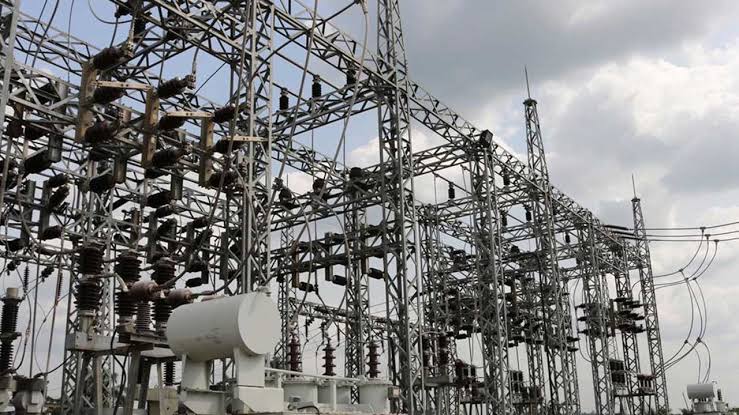Nigeria’s power sector presents a stark paradox: a nation richly endowed with vast gas reserves, capable of fueling robust electricity generation for a century, yet struggles to provide a stable power supply for its burgeoning population of over 200 million. This energy deficit severely cripples the nation’s development aspirations, stifling industrial growth, hindering agricultural advancements, and trapping its citizens in a cycle of underemployment. The Association of Nigerian Electricity Distributors (ANED) has highlighted this glaring disparity, drawing attention to the nation’s meager 5,500 megawatts (MW) generation capacity – a paltry figure when compared to South Africa’s over 50,000 MW, despite having a significantly smaller population. This inadequacy, ANED argues, stems from a confluence of factors, including infrastructural deficiencies, funding constraints, regulatory inconsistencies, and a lack of cohesive policy implementation. The organization emphasizes the urgent need for decisive action from policymakers to address these challenges and unlock Nigeria’s vast potential.
The comparison with South Africa underscores the gravity of Nigeria’s power deficit. While Nigeria boasts abundant natural gas resources, its power generation pales in comparison to South Africa, which generates almost ten times more electricity despite having a population less than one-third the size. This disparity highlights the inefficiency and underutilization of Nigeria’s resources, pointing to systemic issues within the power sector. ANED argues that a benchmark of 1,000 MW per million people should be the target, underscoring the vast gap between current generation and the actual needs of the Nigerian population. This inadequacy translates to frequent power outages, unreliable electricity supply, and an inability to power industries and businesses effectively.
The Manbilla hydropower project, envisioned as Nigeria’s largest, serves as a poignant example of the challenges plaguing the power sector. Awarded in 1982 at a cost of $5.8 billion, the project remains incomplete decades later, with no official completion percentage reported. This contrasts sharply with Ethiopia’s Grand Ethiopian Renaissance Dam, a 6,450 MW hydropower project initiated in 2010 at a lower cost of $4.8 billion and nearing completion. The Manbilla project’s protracted timeline and cost overruns highlight issues of mismanagement, bureaucratic bottlenecks, and a lack of accountability within the Nigerian power sector. The inability to complete critical infrastructure projects like Manbilla further exacerbates the power deficit and hinders the nation’s development.
ANED identifies a multitude of challenges hindering the power sector’s progress. Low access rates leave over 85 million Nigerians, representing 43% of the population, without access to grid electricity. Even the existing installed capacity of 13,000 MW often operates below 5,000 MW due to issues with gas supply, maintenance, transmission, and distribution. Ageing infrastructure and inadequate maintenance contribute to frequent outages and high transmission losses, further eroding the efficiency of the power system. These technical challenges are compounded by financial constraints, including limited public funding and difficulties attracting private investment due to regulatory uncertainties and inconsistent policies.
The lack of cohesive policy implementation and regulatory clarity further exacerbates the power sector’s woes. ANED points to inconsistent policies, regulatory uncertainty, and a lack of coordination and collaboration among stakeholders as significant impediments to progress. This lack of a unified vision and clear regulatory framework creates an unstable investment environment, discouraging private sector participation and hindering the development of critical power infrastructure. The absence of effective coordination also leads to fragmented efforts, duplication of work, and a lack of accountability, further delaying the implementation of much-needed reforms.
ANED’s message to policymakers is clear: decisive action is required to address the power crisis and unlock Nigeria’s development potential. The organization stresses the need for “clear-cut programmes and policies” that prioritize the nation’s development over political rhetoric. This includes addressing the challenges of low access rates, inadequate generation capacity, weak infrastructure, funding shortages, and regulatory gaps. ANED calls for a concerted effort from all stakeholders, including government, regulatory bodies, and private investors, to work collaboratively towards a sustainable solution. Without a stable and reliable power supply, Nigeria’s aspirations for industrialization, agricultural advancement, and economic growth will remain elusive. Resolving the power crisis is not merely a technical challenge; it is a fundamental prerequisite for unlocking Nigeria’s vast potential and securing a brighter future for its citizens.


